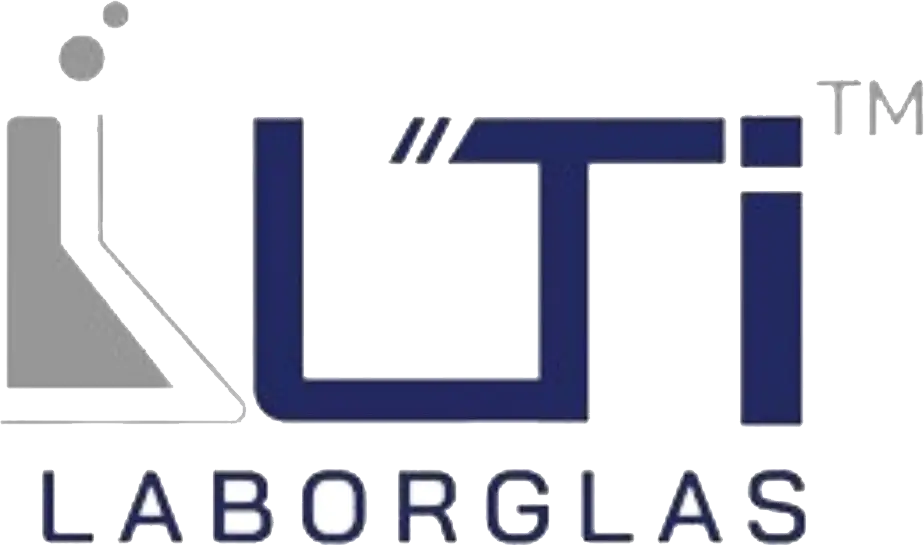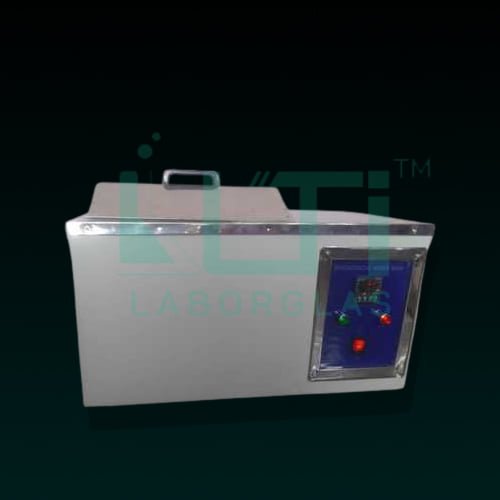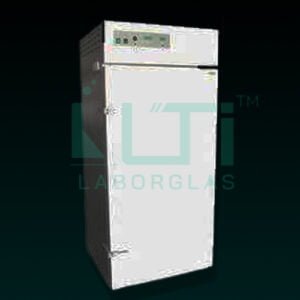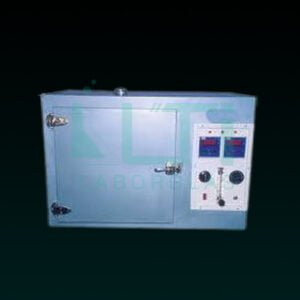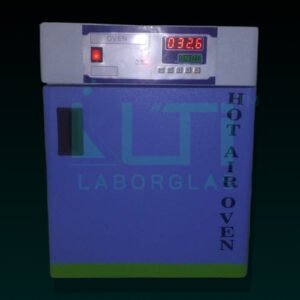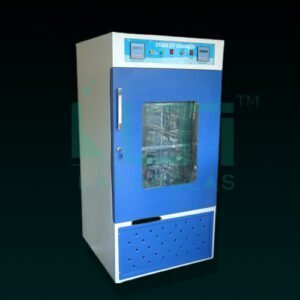Product Details:
| Usage/Application | LABORATORY |
| Material | Stainless Steel |
| Shape | Rectangular |
| Temperature Range | Ambient to 99 Deg Celcuis |
| Automation Type | Semi-Automatic |
Features:
- Double walled filled with high grade glass wool insulation between the walls
- Exterior of M.S giddily finished in epoxy power coated shade in regular model
- Selection of controller either hydraulic thermostat, solid state digital indicating
- Controller or microprocessor based PID controller
- GMP model having inner 304 and exterior 304 S.S matt finish
- Selection of regular and GMP model
- Long –lasting u type water heater
- Temperature range: 5c above ambient to 70c
- Operators on 230 volts
A Serological Water Bath is commonly used for:
- Serological Testing: Providing a controlled environment for serological procedures.
- Antigen-Antibody Reactions: Facilitating reactions in immunological assays.
- Blood Typing: Supporting blood typing and cross-matching procedures.
- Enzyme Reactions: Maintaining optimal conditions for enzymatic reactions.
- Microbiological Cultures: Creating a controlled setting for microbial cultures.
- Quality Control: Ensuring consistency in temperature-sensitive tests.
- Clinical Diagnostics: Used in laboratories for various diagnostic assays.
- Incubation of Cell Cultures: Supporting the growth of cells under controlled conditions.
- Hematology Procedures: Assisting in various blood-related laboratory analyses.
- Research and Development: Utilized in R&D activities for serological studies and experiments.
